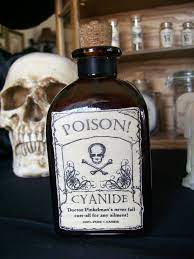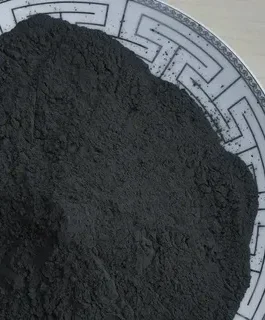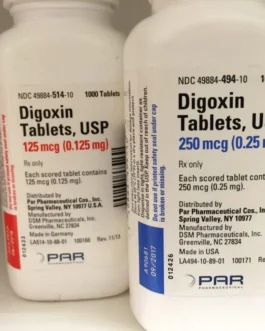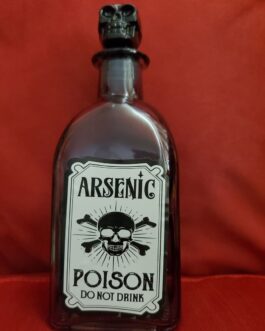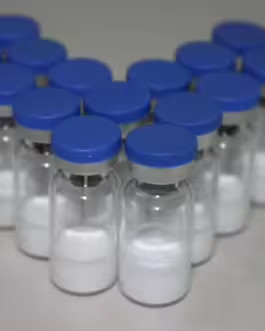Cyanide
2,700 € – 270,000 €Price range: 2,700 € through 270,000 €
Description
Cyanide
Overview
Cyanide is a rapidly acting, potentially deadly chemical that can exist in various forms, including hydrogen cyanide (HCN) and cyanide salts (e.g., potassium cyanide, sodium cyanide). It interferes with the body’s ability to use oxygen, leading to cellular asphyxiation.
Mechanism of Action
Cyanide inhibits cytochrome c oxidase, a critical enzyme in the electron transport chain of mitochondria. This inhibition prevents cells from utilizing oxygen, leading to metabolic shutdown and cell death.
How It Kills
Upon exposure, cyanide rapidly enters the bloodstream and inhibits oxygen transport and utilization by cells. Symptoms can appear within seconds to minutes, depending on the route and amount of exposure, and can include rapid breathing, headache, dizziness, seizures, coma, and death from respiratory failure.
Quantity Needed to Kill
The lethal dose of cyanide varies depending on factors such as the route of exposure and individual tolerance. Ingestion of as little as 50-200 mg of potassium cyanide can be fatal for an adult human.
Signs and Symptoms
Symptoms of cyanide poisoning include:
- Initial Symptoms: Anxiety, confusion, rapid breathing, and nausea.
- Progressive Symptoms: Headache, dizziness, seizures, unconsciousness, and cardiac arrest.
Forms and Sources
Cyanide can be found in:
- Industrial Settings: Used in gold mining, metal plating, and chemical manufacturing.
- Natural Sources: Some plants produce cyanogenic glycosides, which can release cyanide when metabolized.
Detection and Treatment
- Detection: Diagnosis is based on symptoms and confirmed through blood tests measuring cyanide levels.
- Treatment: Immediate administration of antidotes such as hydroxocobalamin or sodium thiosulfate to detoxify cyanide. Supportive care includes oxygen therapy and cardiovascular support.
Prevention
- Safety Measures: Proper ventilation and personal protective equipment (PPE) in industrial settings. Avoiding ingestion of potentially toxic plants in natural settings.
Conclusion
Cyanide is a highly toxic chemical that interferes with cellular oxygen use, causing rapid and potentially fatal poisoning. Understanding its mechanisms, symptoms, and emergency treatment is crucial for mitigating risks associated with exposure
Additional information
| LETHAL DOSE | 100 LETHAL DOSE, 20 LETHAL DOSE, FIVE LETHAL DOSE, ONE LETHAL DOSE, TWO LETHAL DOSE |
|---|
